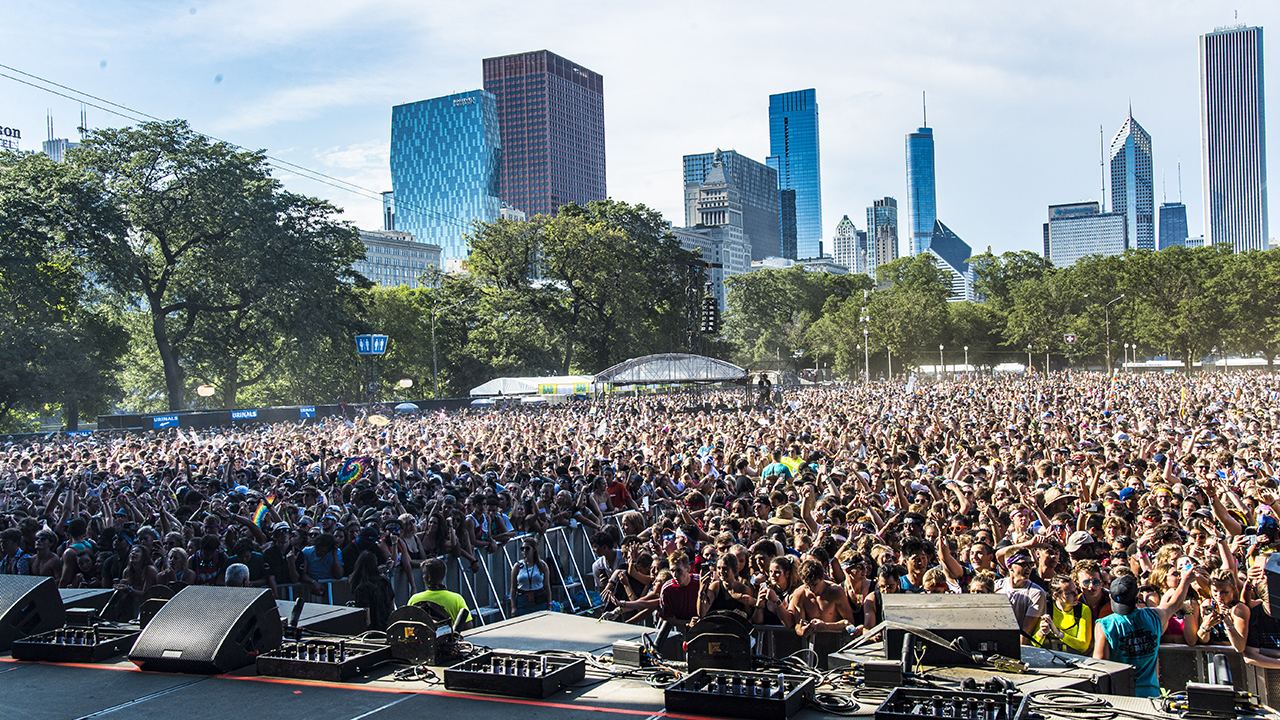Coronavirus: Mexico braces for surge in COVID-19 cases
Mexico is preparing for a surge in reported Coronavirus cases.

Mexico is preparing for a surge in reported coronavirus cases after health officials said a large number of infections have gone undetected because of a lack of testing.
Concerns are mounting over hospitals being overwhelmed, along with a possible shortage of doctors and medical equipment.
RELATED: Authorities in Mexico use drones to enforce physical distancing amid coronavirus pandemic
The outbreak is expected to hit Mexico City the hardest. So far, the area accounts for nearly half of Mexico's 8,772 cases and 35% of the 712 deaths.
Mexican authorities said Monday they have dispatched a total of 4,700 National Guard troops to provide security outside government hospitals.
Hospitals and medical staff have been subjected to abuse and occasional attacks either from residents fearing contagion or relatives of patients upset about their care. Some report having been insulted, having liquids tossed at them or being denied service. Residents who don't want coronavirus patients in their neighborhoods have threatened to burn hospitals.
Mexico's president acknowledged Monday that drug cartels have been handing out aid packages during the coronavirus pandemic, and called on them to stop.
President Andrés Manuel López Obrador said such handouts have occurred "in several places," but said the government can't stop the practice.
"It is something that happens, it cannot be avoided," López Obrador said.
"I don't want to hear them saying, 'we are handing out aid packages,'" he said. "No, better that they lay off, and think of their families, and themselves, those that are involved in these activities and who are listening to me now or watching me."
Videos posted on social media have shown one of the daughters of imprisoned drug lord Joaquin "El Chapo" Guzman handing out boxes of rice, pasta, cooking oil and toilet paper with Guzman's image printed on them.
RELATED: Latin America's landmarks: Before and after coronavirus images show stark contrast
In the past, drug cartels have tried to gain the sympathy of local populations with handouts.
For example, López Obrador noted, fuel theft gangs that drilled taps into pipelines would often leave small amounts of gasoline and diesel for local farmers, to gain their support.
And in northern Mexico, the Gulf cartel and the Northeast cartel have reportedly handed out aid.
López Obrador has sought to avoid open confrontation with drug cartels, opting instead for long-term solutions like job creation, scholarships and job training to reduce the number of recruits available to the cartels.
Meanwhile, President Donald Trump announced what he described as a "temporary suspension of immigration into the United States." But the executive order would bar only those seeking permanent residency, not temporary workers.
Trump said Tuesday he would be placing a 60-day pause on the issuance of green cards in an effort to limit competition for jobs in a U.S. economy wrecked by the coronavirus. The order would include "certain exemptions," he said, but he declined to outlined them, noting the order was still being crafted.
"By pausing immigration we'll help put unemployed Americans first in line for jobs as America reopens, so important," Trump said at the White House. "It would be wrong and unjust for Americans laid off by the virus to be replaced with new immigrant labor flown in from abroad."
An administration official familiar with the plans, however, said the order will apply to foreigners seeking employment-based green cards and relatives of green card holders who are not citizens. Americans wishing to bring immediate family will still be able to do so, according to the official, who spoke on the condition of anonymity before the plan was announced. About 1 million green cards were granted in the 2019 fiscal year, about half to spouses, children and parents of U.S. citizens.
The Associated Press contributed to this report.




